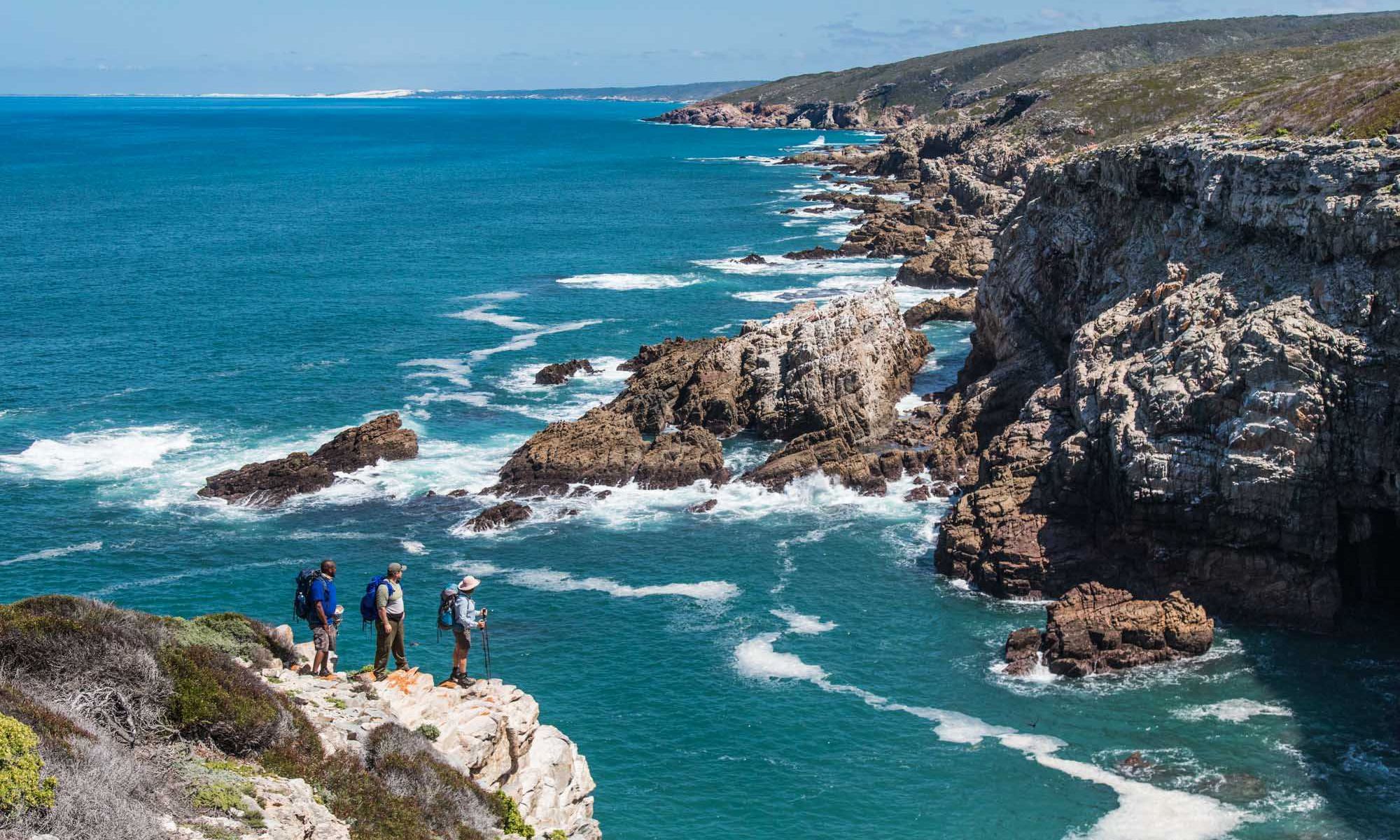It's time – announcing the five Matrics going to Antarctica
On Friday, 14 January 2022 at 15h15, the nerve-wracking wait will finally be over for our ten matrics who are all vying for the chance to join Riaan Manser in Antarctica this coming February.
CapeNature is a proud collaborator for the second year of the “Matrics in Antarctica Project” with world renowned adventurer Riaan Manser. These students were off to the seclusion of the African bush before the actual isolation and ice of Antarctica. The ten finalists arrived at CapeNature’s Grootvadersbosch Nature Reserve on Sunday, 9 January, for their 5-day selection camp which includes a full program covering an array of subjects. From presentations to the more “get your hands dirty” world of hiking, water analysis and data collection at the Suurbrak river and then a beach clean-up in the majestic De Hoop Nature Reserve. Bootcamp week also offers the top ten the opportunity to expand on their initial MIA (Matrics in Antarctica) campaign proposals. Proposals that focus on how to implement an initiative in their own communities with family, friends, and neighbours to choose more sustainable packaging like glass.
“The excitement is at an all-time high as the top 10 battle it out for a seat in the top 5 and the quality of students are more than inspiring,” says Manser.
Before the judges’ final deliberation begins, the top ten will have one final opportunity to present their refined campaign proposals to the panel and their peers after which one-on-one interviews will follow. The panel will then have the grueling task of evaluating and choosing the final five winners.
On 10 February 2022, the five winners will fly out of Cape Town International Airport on an ALCI alusion cargo plane and land six and a half hours later on an Antarctic runway that is essentially a block of ice. Hosted at Novolazarevskaya, the Russian scientific base, the students’ home for the next 5 days.
The students will spend their time learning about the Antarctic as a whole, the International Antarctic Treaty, exploring its beauty, hiking, taking part in science experiments, participating in a litter cleaning initiative and most importantly, learning about themselves.
On their return, we will follow their progress with campaign implementation in their communities and stand true to the motto of Matrics in Antarctica: Less talking and observation and more action and results. We do not need more activists; we need change makers.
Matrics in Antarctica is a program founded by Manser with the primary objective of using Antarctica as a backdrop and the most exotic of environmental conversation starters. Manser’s belief that we need to move from “talking” to “doing” is something most on the planet would agree is necessary, but alas nobody practices.
“We are only handing out more mops while more taps are being opened and the house continues to flood,” says Manser. How can this be a mindset we have continued to have for over four decades,” Manser added.
Matrics in Antarctica is looking for that next global game changer. The one that stands up and deliver change.
Follow @matricsinantarctica and join us for Instagram live on Friday, 14 January at 15h15 to find out who the five winners are that will be going to Antarctica.
To find out more, visit https://www.matricsinantarctica.co.za/ or follow us on Facebook, Twitter and Instagram.
About Matrics in Antarctica
Matrics In Antarctica is an initiative, founded by Riaan Manser, to help inspire young South African's, matric students specifically, to think about how our daily actions affect the environment and what changes we can make locally to challenge the effects of global warming and climate change. Why a trip to Antarctica? The simple answer is that this great frozen landmass is vital to the global ecosystem. Not only does it deflect a large amount of the sun's rays from Earth, but it is also home to several unique species of ocean wildlife. Antarctica is directly affected by global warming, and in turn, the melting of these sheets of ice is causing sea levels to rise. This is a problem that many adults today will not have to contend with – which is why it is so important to educate our young people about conservation and sustainable practices. Our vision is to host this competition every year for the next five years to continue to drive awareness about this important topic.
Related News
How can I assist you today?
How can I assist you today?



